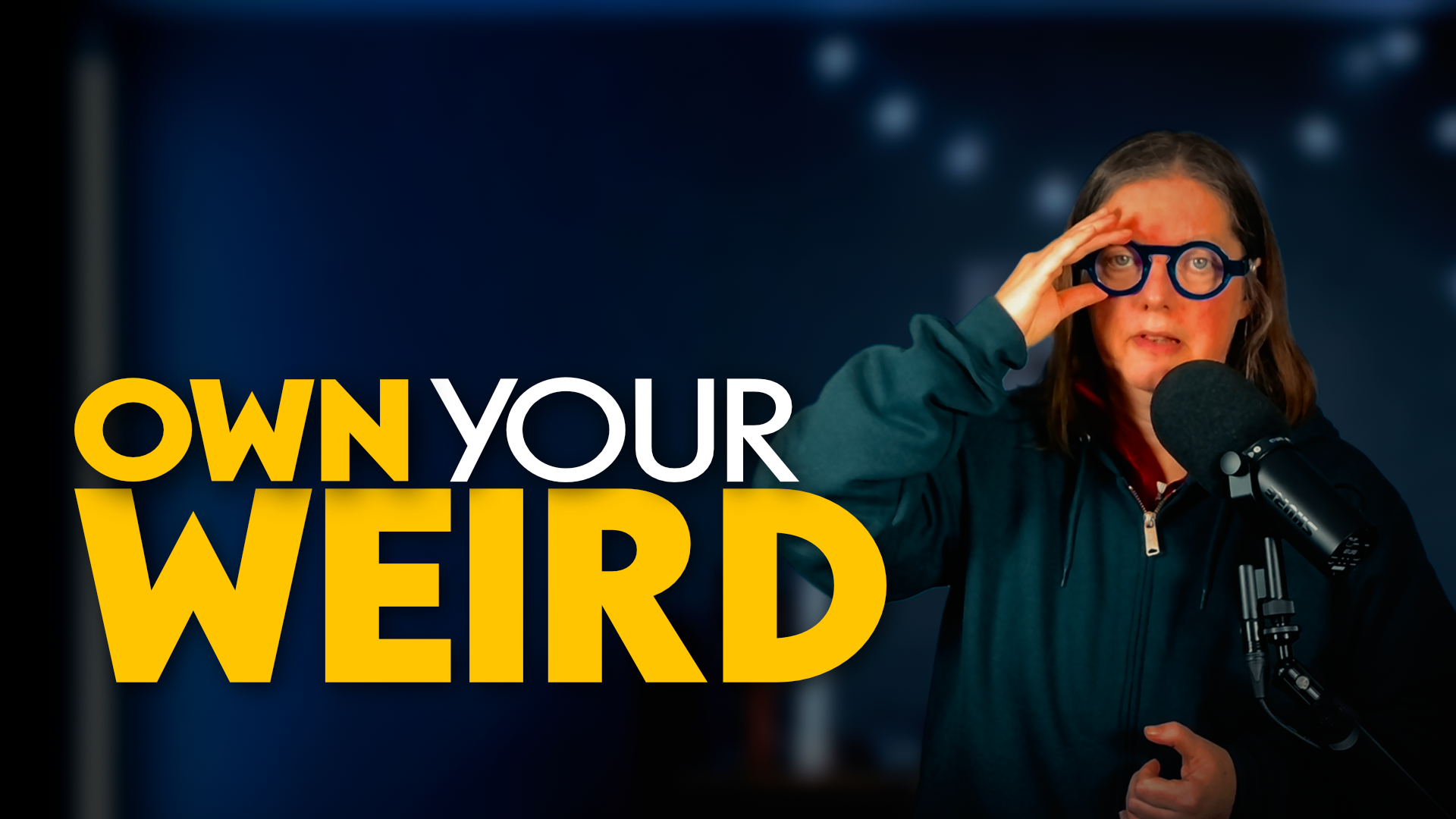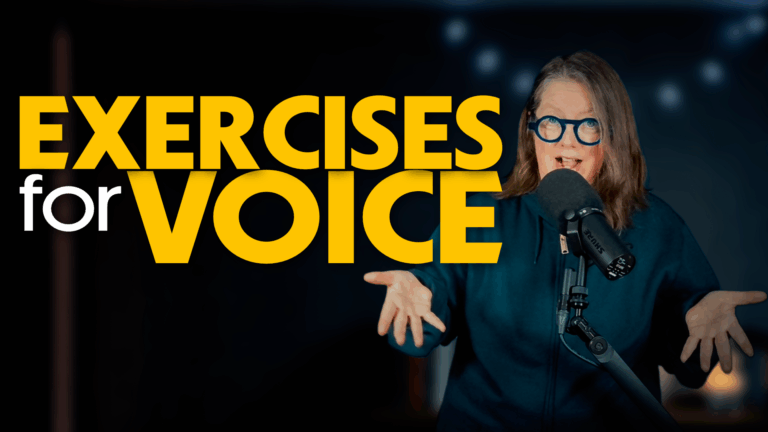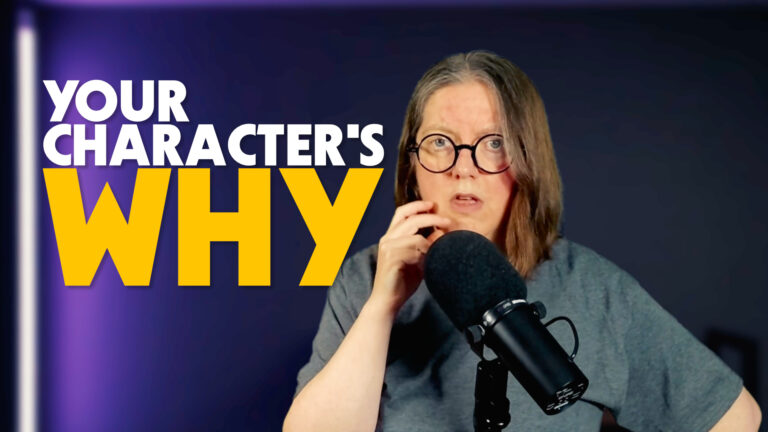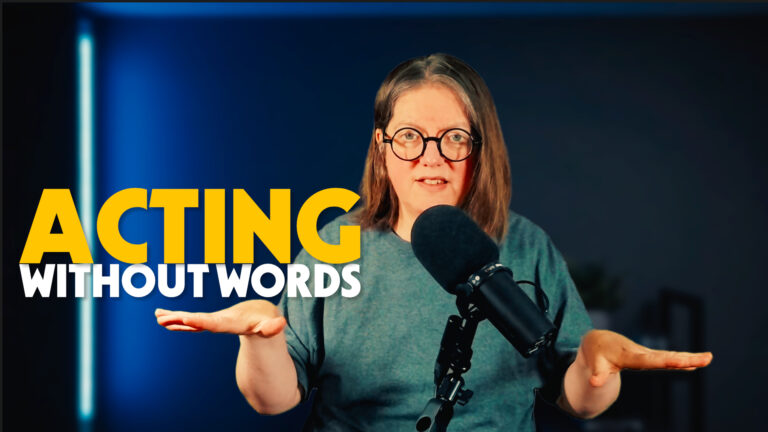
We spend a lot of time in improv trying to be good. Trying to do really good improv. We take classes, we get notes, and we watch performers we admire, trying to figure out how they do what they do. This process can sometimes lead us down a path of trying to be less like ourselves and more like someone else. We try to hide the parts of us that feel messy, weird, or unskilled. We think that if we can just get rid of our flaws, we will finally be a “good improviser” (whatever that is. Really.)
I mostly believe the opposite is true. You become a great improviser by putting more of yourself into the scene, especially the parts you think are weaknesses.
I learned this from a completely different area of my performance life: teaching dance fitness. I am a clumsy person, yet I taught urban hip hop for years. I once took over a class for a mentor who was a technically brilliant dancer. I was not. I was so busy comparing myself to him, focusing on all the things I could not do, that I was completely stuck in my head. My biggest fear was falling off the two-foot-high stage. One day, I did just that. I ran to the front of the room, misjudged a jump, and did not land gracefully. So I guess I didn’t fall OFF the stage… I somehow managed to fall ONTO it. Neat.
The room went silent. In that moment of complete failure, I had a choice. I jumped up, threw my hands in the air, and yelled that I was fine. The room erupted into a cheer. That was when I understood my role: connect with the people in that room using what I had. My clumsiness, my biggest perceived weakness, became my greatest asset for building a connection through humour. It became my style.
This is the work of improv. Your scene partners and your audience do not need you to be a flawless version of another performer. They need YOU. Your unique brain wiring, your odd specific knowledge, your deadpan delivery, your literal interpretation of things, these are the gifts you bring to the stage. When you commit to who you are, you give your scene partners a clear, honest offer to play with. You stop trying to guess what a “good improviser” would do and you simply react.
So be clumsy. Fall on the stage. See what it brings to you and the people around you, whoever is in the scene with you.
Listen or Watch
The podcast and the youtube episode contains advice on the improv mindset, and might be especially relevant if you feel like you might be “weird” (I call myself this by choice). Learn more about that in the episode below, and get all the exercise directions. And come ask questions or share your own tips in the Improv Update discord general improv chat channel.
Resources mentioned in this episode:
- Free Improv Worksheet & Newsletter: improvupdate.com/newsletter
- Improvised Comedy Podcasts: stereoforest.com/
Available Now!
You can also get exercises to help with challenging scenes (and build up your trust in yourself) in a new booklet I just wrote. This PDF includes additional modifications and a bunch of examples that are not in the video and podcast episode below. You can get it here, and your support will help me with the out-of-pocket expenses and labour to create these resources!
Improv Exercise Booklet
Exercises to Ruin You. This 13 page guide provides six exercises to help practice challenges in improv scenes. Get reps in worst case scenarios! Modifications for solo improv are included for most exercises, and you’ll receive variations and examples not included in the video..





